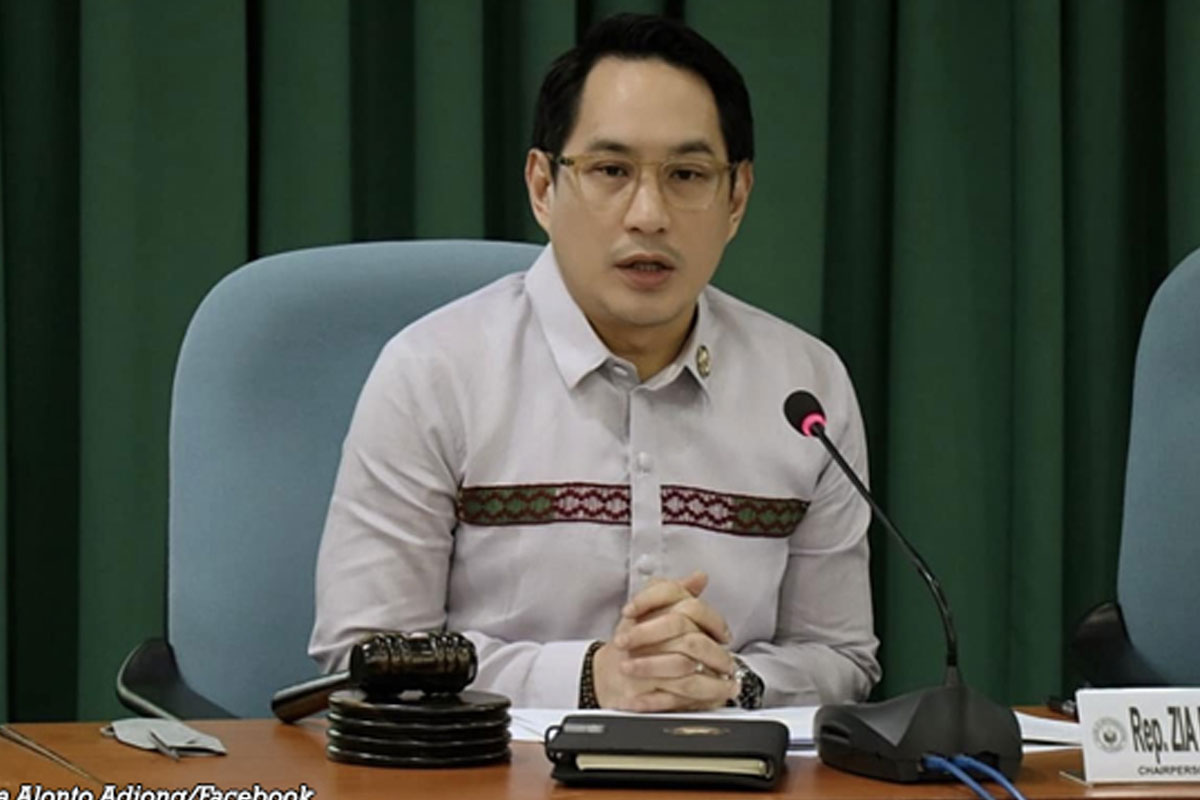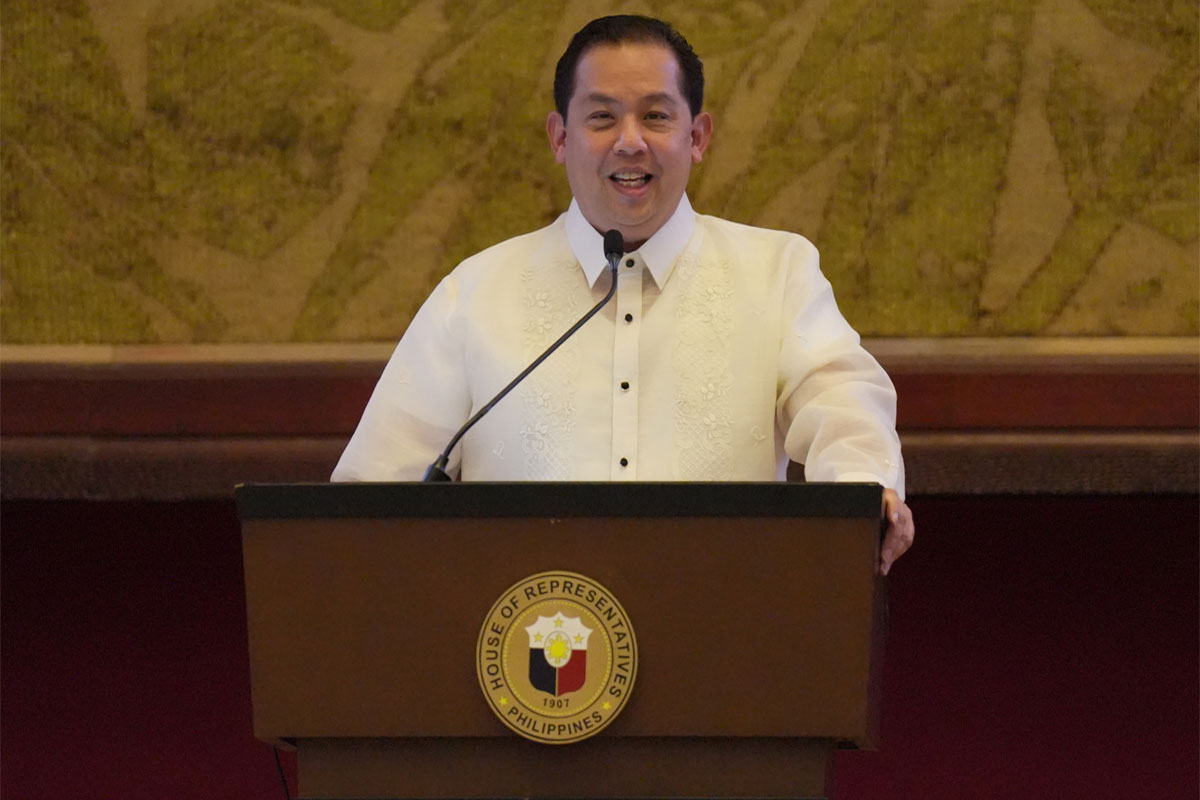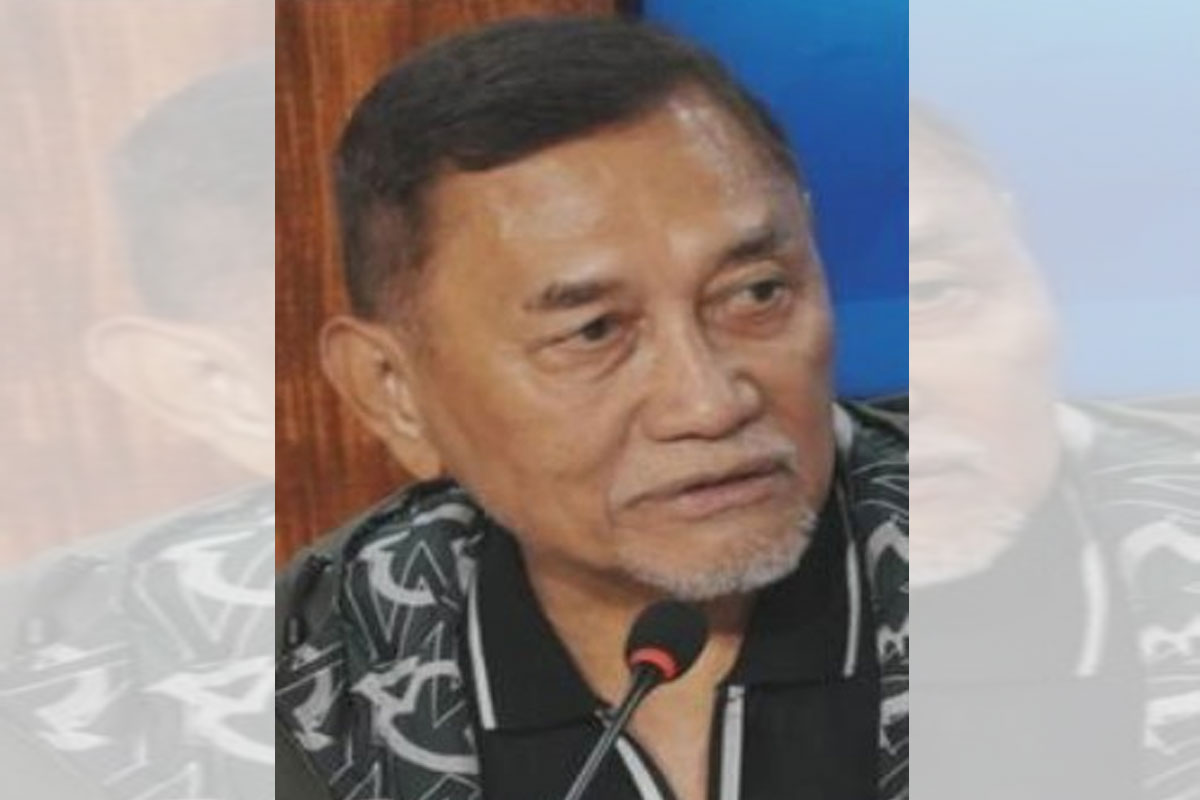
Unprogrammed funds issue up to SC to clear — Salceda
“IT’S up to the Supreme Court to decide on whether or not the additional unprogrammed funds in the 2024 national budget is unconstitutional.”
This is how Albay Rep. Joey Salceda, one of the vice chairpersons of the House Committee on a Appropriations, responded to the earlier statement of another Albay lawmaker Edcel Lagman.
According to Lagman, the inserted P449.5 billion in unprogrammed funds in 2024 General Appropriations Act may suffer “constitutional infirmity.”
“This year’s General Appropriations Act (GAA) which took effect on 01 January 2024 suffers a constitutional infirmity insofar as the bicameral conference committee inserted P449.5 billion in excess of the unprogrammed appropriations of P281.9 billion recommended by the President in the national budget or the National Expenditure Program (NEP),” Lagman said, adding that he plans to file a petition in the Supreme Court.
Respecting the decision of Lagman., Salceda said anyone can file any question against any law and that applies even to the General Appropriations Act.
“Ultimately, once a case is filed in the Supreme Court, the court will decide on the matter. I expect it to decide as it has always done so: with the maximum liberality and presumption of regularity granted to Congress in the exercise of its exclusive powers,” Salceda said.
Salceda added that during the budget deliberation, no less that the Department of Budget and Management clarified that the Unprogrammed Appropriations are not part of the fiscal program.
This question was discussed in Congress, and we took the effort, during budget deliberations, to seek guidance from both the Executive through the DBM and the records of the Constitutional Commission.
“As such, only the programmed appropriations are subject to the Article VI, Section 25 (1) of the Constitution, or the prohibition against increasing appropriations recommended by the President. In short, the DBM said Congress can increase the unprogrammed appropriations as proposed,” he pointed out.
“At its core, the logic of the Constitutional provision is simple: Congress should not overstep the fiscal deficit programmed by the President. Indeed, this view is affirmed by the Supreme Court, in Sarmiento vs. the Treasurer of the Philippines [G.R. No. 125680 & 126313.September 4, 2001], which also cites the records of the Constitutional Commission. In the words of the Constitutional Commissioner Christian Monsod, it is to ensure that the budget does not “put the government in debt or in deficit.” (Vol 2, p. 188 of the Records of the Constitutional Commission),” the veteran solon added.
He also said that even Lagman’s partymate, Former Senate President Franklin Drilon, defended the increase in unprogrammed appropriations as constitutional.
For his part, Lagman said a constitutional challenge before the Supreme Court is in order to cleanse the GAA of a fatal defect and give guidance to the Congress and the President in the future budget seasons.
“The Constitution unequivocally provides in Section 25 (1) of Article VI that: “The Congress may not increase the appropriations recommended by the President for the operation of the government as specified in the budget” or the NEP,” he said.
“The prohibition on the Congress from increasing the appropriations recommended by the President covers both the programmed appropriations, which have available budget sources, and the unprogrammed appropriations, which have only contingent budget sources limited to (a) release of new loan proceeds for foreign assisted projects; (b) revenue collections from new tax laws; and (c) increase in non-tax revenue collections over target,” the solon added.
The 2024 NEP recommended a total of P5.768 trillion for programmed appropriations and P289.1 billion for unprogrammed appropriations, the total of both cannot be breached by the Congress.
“It is well settled that when the Constitution does not distinguish, we must not distinguish. Verily, since the Constitution does not distinguish between the programmed appropriations and the unprogrammed appropriations with respect to the congressional ban, the ceiling of both cannot be exceeded by the Congress,” Lagman said.
Lagman further said that through the years, the errant interpretation is that only the totality of the programmed appropriations cannot be increased by the Congress so much so that it is the unprogrammed appropriations which have been invariably increased annually to accommodate even partisan and pet projects which are subsequently funded and released during the fiscal year under the suspicious, or even spurious, claim that contingent funding has been realized.
“What is worse is the scheme of transferring funded projects to the unprogrammed appropriations in order to accommodate pet projects which are then assured of funding,” he said.
“The unprogrammed appropriations have become the sanctuary of partisan and pet projects where funding and releases for implementation would even antedate programmed appropriations,” the solon added.




























